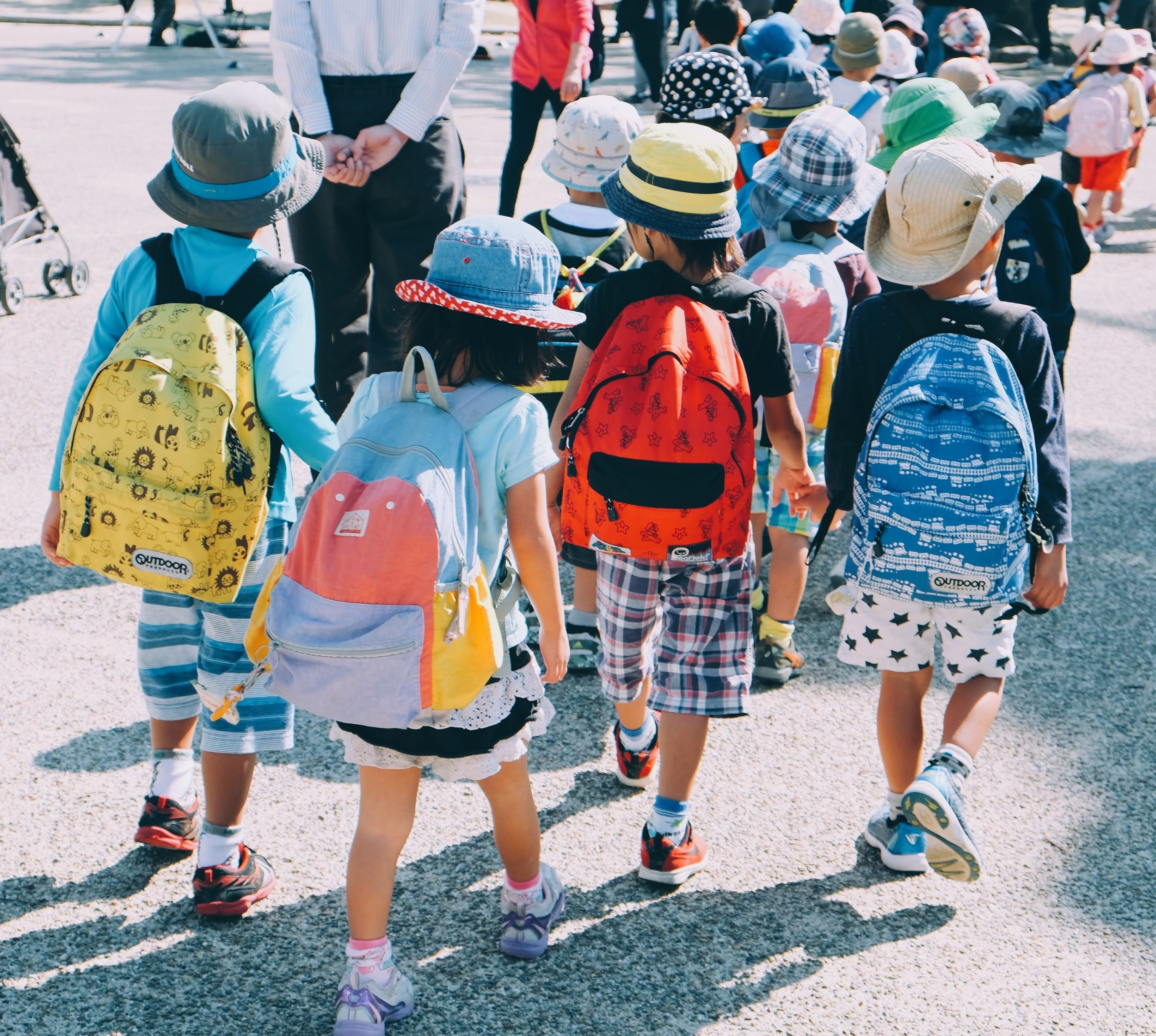
Hawaiʻi’s federal child nutrition funding is outdated and insufficient, report finds
Federal reimbursement rates for child nutrition programs in Hawaiʻi do not currently reflect the high cost of living, a new report found.
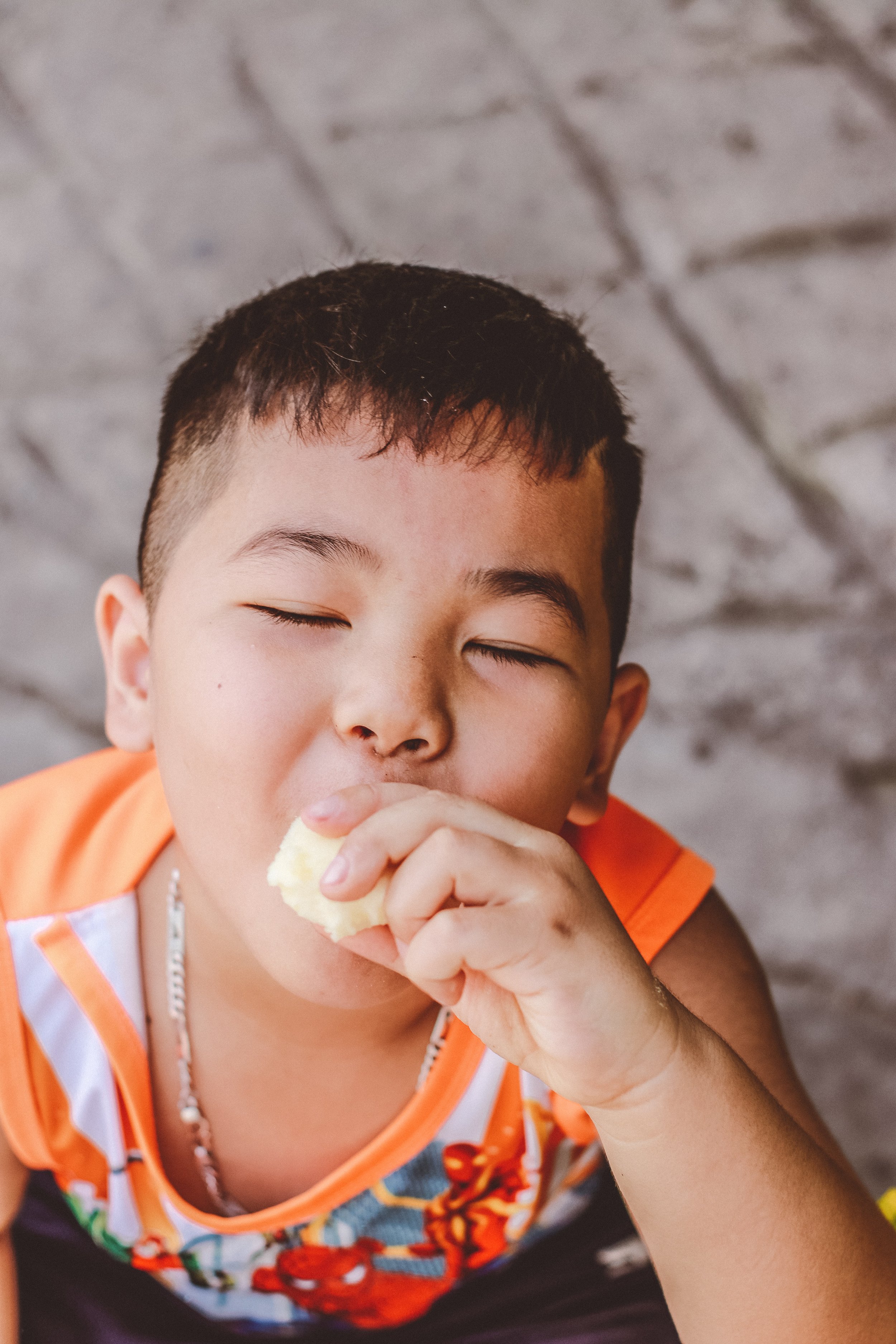
A pandemic program that fed schoolchildren last summer is now in jeopardy
The USDA is in the middle of examining its reimbursement rates for school meals in Hawaiʻi, but its findings aren’t expected to be released for a few more years.
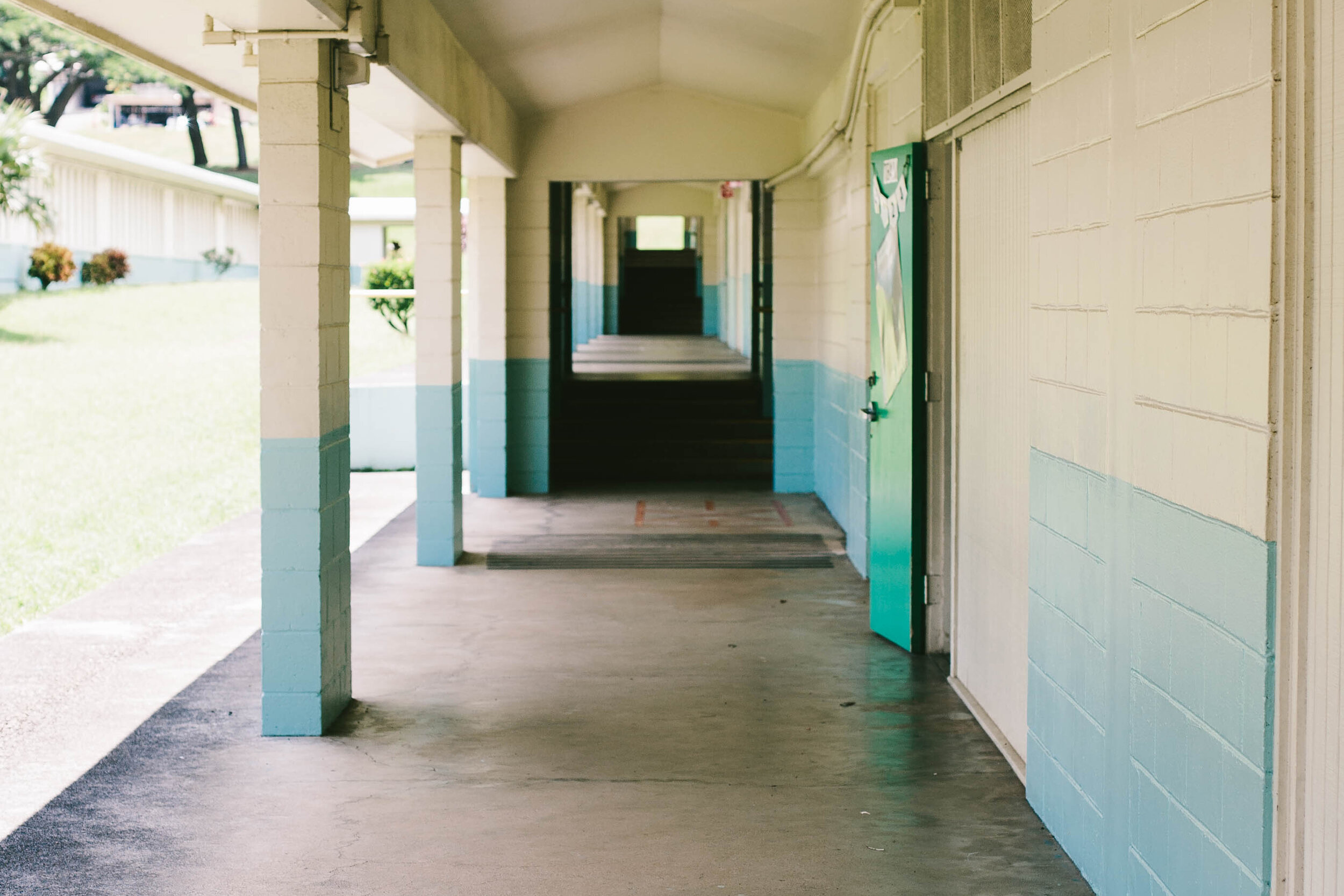
Report: Federal funding flaw shortchanges Hawaiʻi’s school nutrition programs
The Hawaiʻi State Department of Education is paying tens of millions of dollars to feed Hawaiʻi school children due to a flaw in the funding method used by the federal government, according to a report.
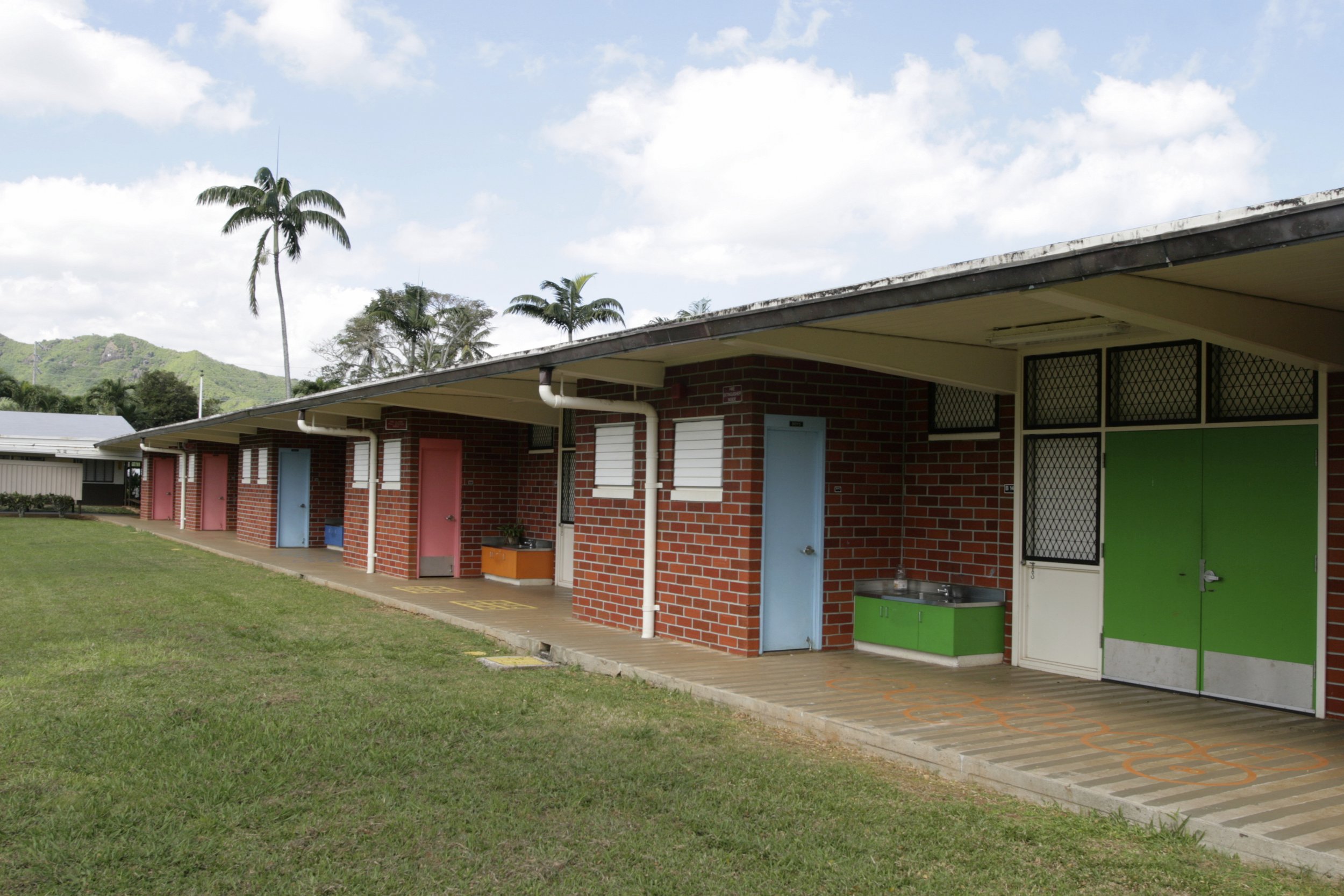
Hawaiʻi’s keiki nutrition programs facing financial crisis
The state is missing out on tens of millions of federal dollars each year to provide meals for needy children.
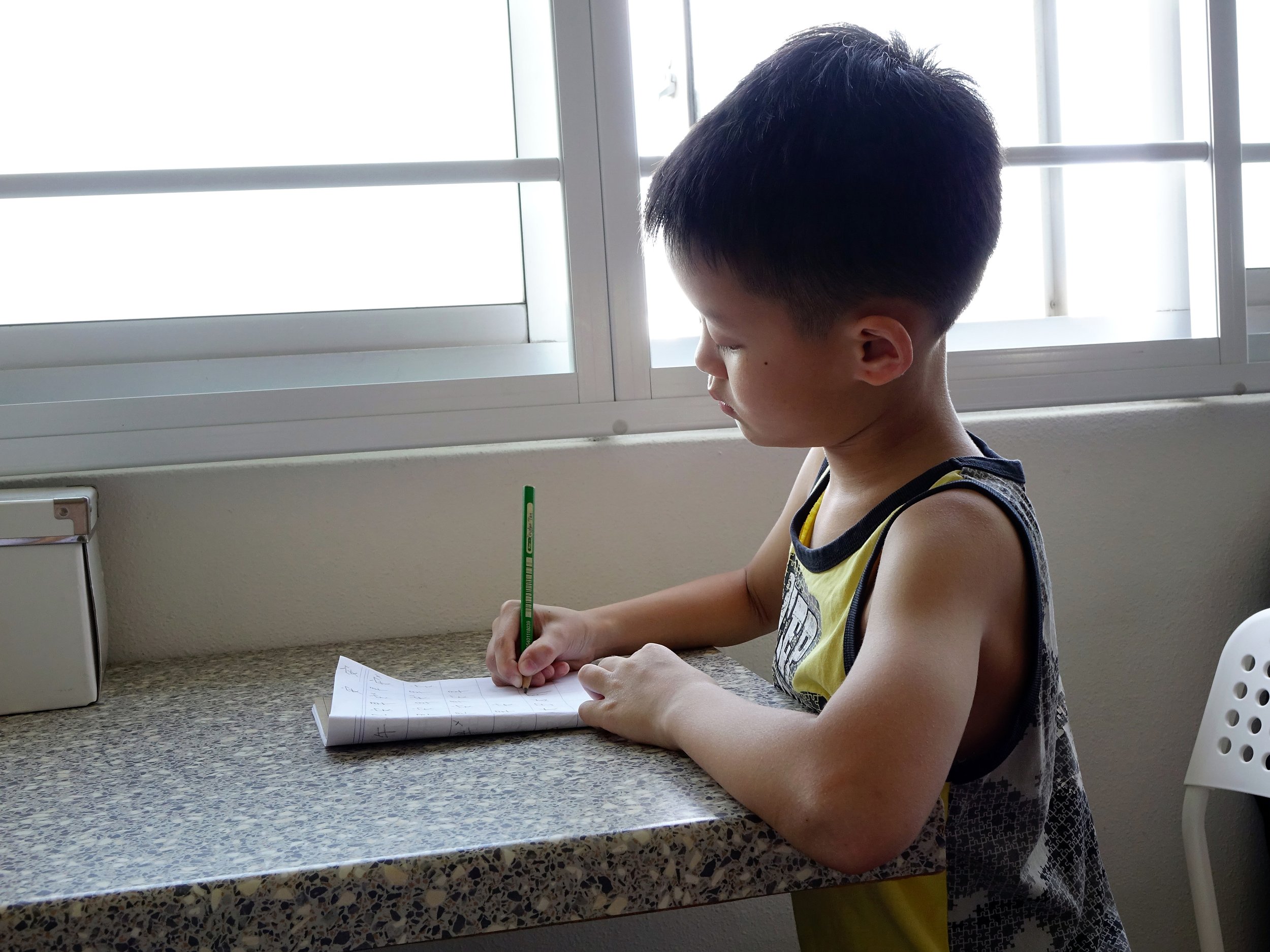
Report: Hawaiʻi missed out on $200 million in federal funding to feed children since 2000
This discrepancy stems from a federal analysis that hasn’t been updated since 1979, according to the report.
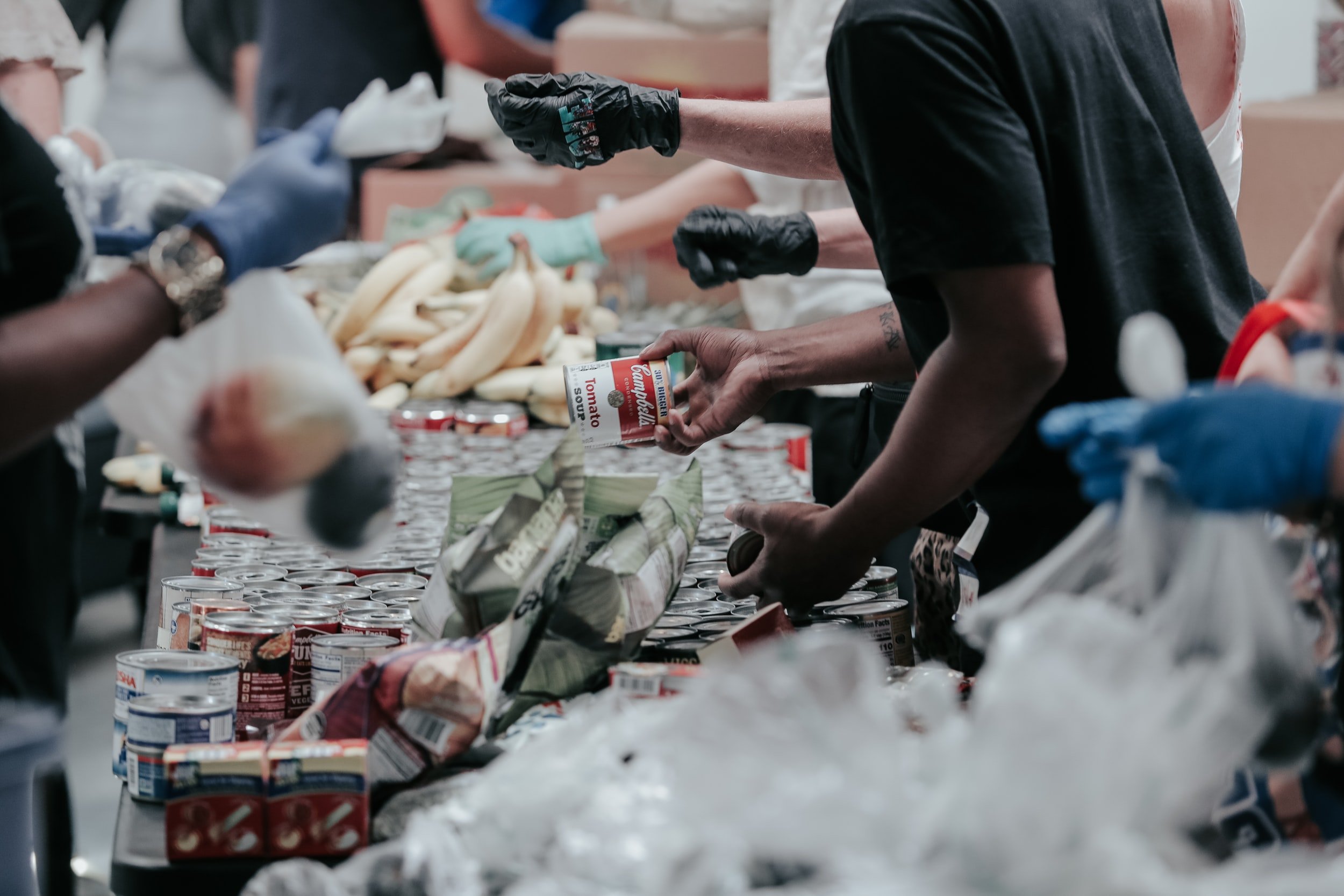
Inflation is forcing some Hawaiʻi families to change the way they shop for groceries
Economists agree this rising trend won’t go away anytime soon—that’s concerning for food banks and nonprofit organizations that help low-income and working class families.

Hawaiʻi schools are buying less local food during the pandemic
Despite new legislation requiring public schools to serve student meals with more local ingredients, advocates say they are frustrated by a regression in local food initiatives.
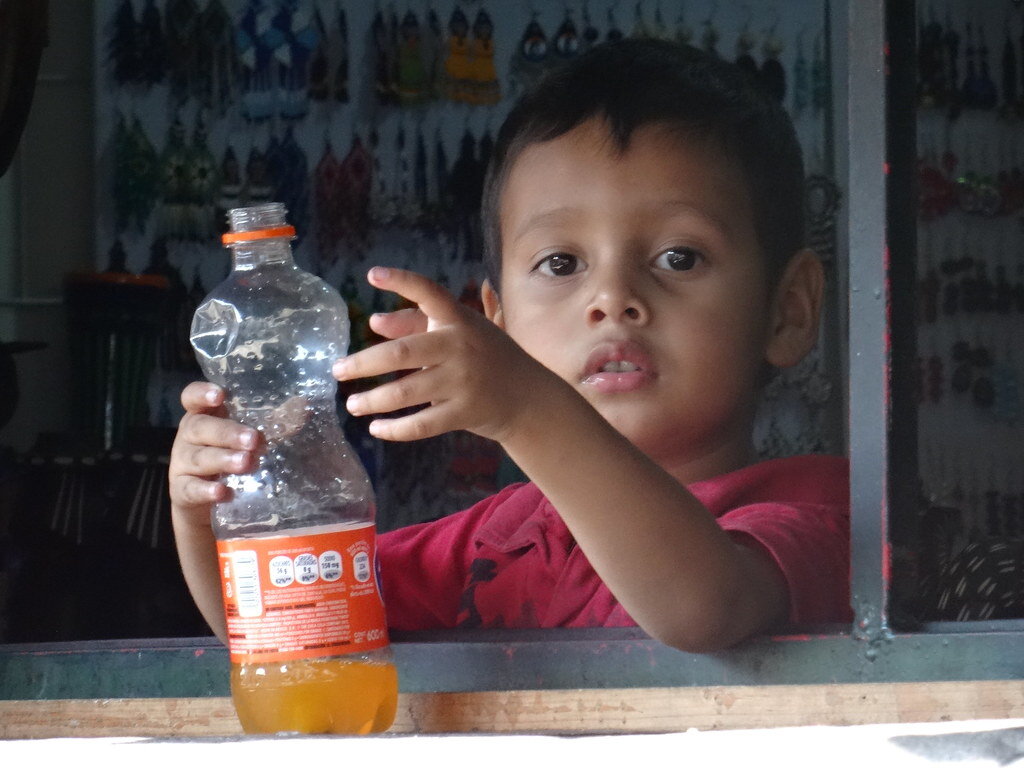
Pandemic fuels spike in childhood obesity in Hawaiʻi
Nearly one in six children between the ages of 10 and 17 are obese in Hawaiʻi, marking a significant increase from four years ago and fueling concerns about the impact that COVID-19 restrictions and school closures have had on the health of the state’s youth.

Fundraising campaign kicks off next week to help fight child hunger
An annual fundraising campaign kicks off next week to help fight child hunger and expand participation in free breakfast programs at public schools.

Sugary drink taxes can dismantle systemic inequities by giving back to communities
When funds are reinvested back into the most impacted communities, these taxes help prevent future harm, and give people from those communities a better shot at succeeding and thriving.
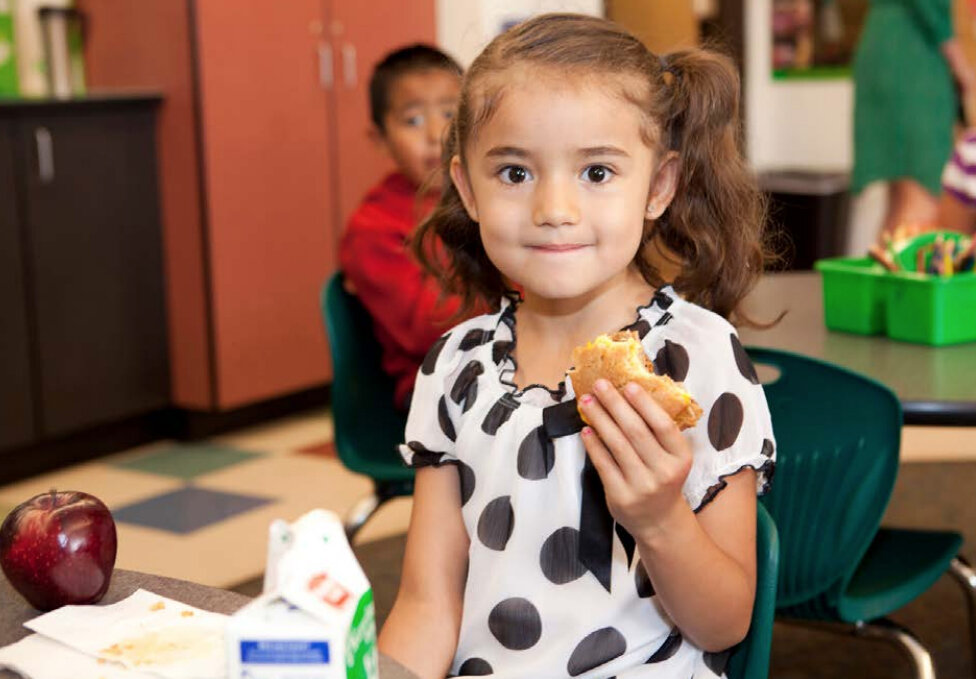
Hawaiʻi ranks 50th in low-income children participating in national school breakfast program
Some 25,559 low-income Hawaiʻi children participated in the School Breakfast Program during the 2019–2020 school year—or about 40 percent of those eligible.

Sowing seeds of service
“Our work is to bring all these different sectors together and create lasting solutions and changes.”

Program allows donations for grab-and-go meals
All through September, customers visiting Safeway stores in Hawaiʻi can donate to the annual Nourishing Neighbors fundraiser to support anti-hunger initiatives.

Not politics as usual
To address socioeconomic inequality, Hawaiʻi’s decision-makers need to come up with an effective problem-solving process so stakeholders can come together to achieve concrete solutions.
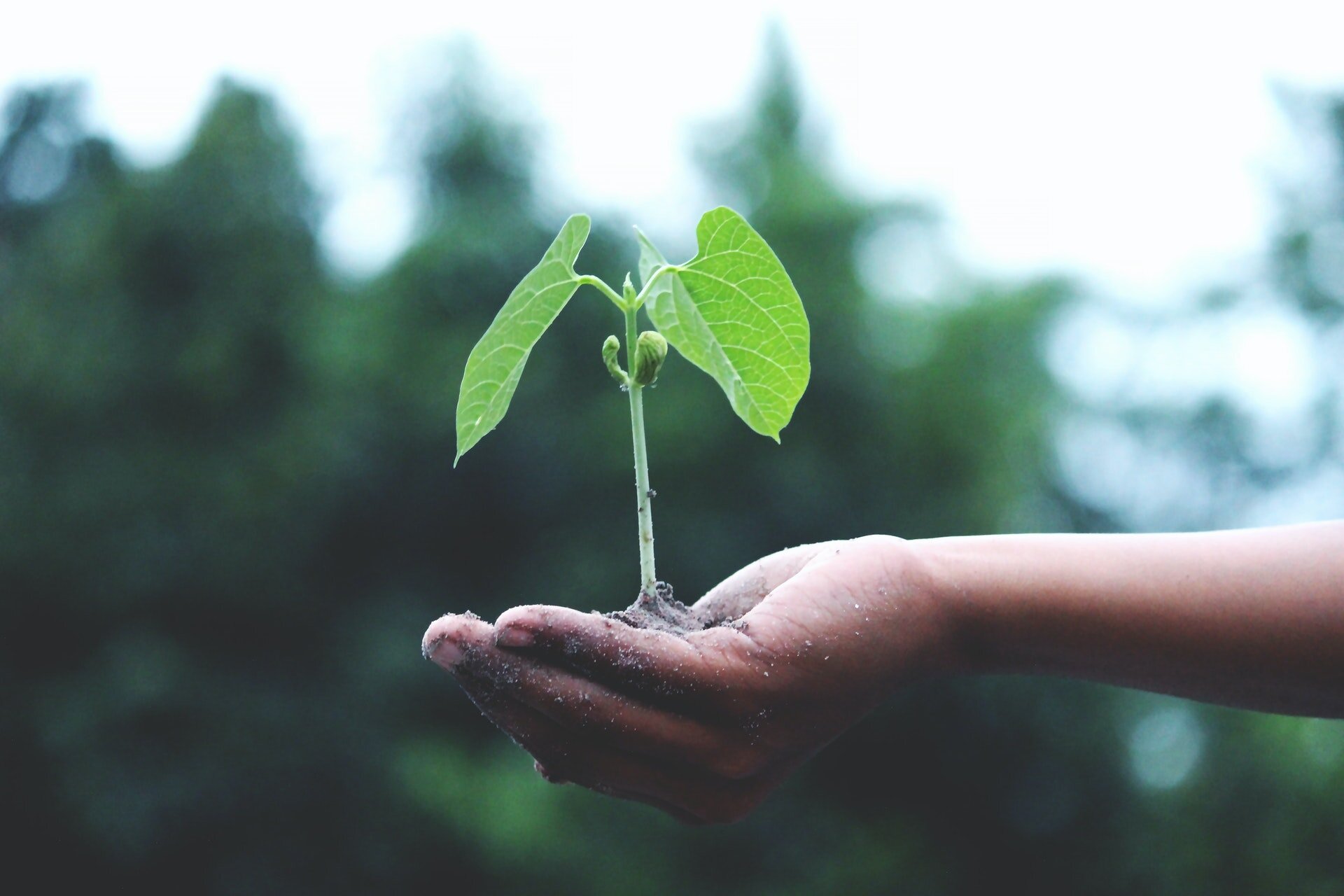
How new, agile networks of people are helping Hawaiʻi
Uplift Hawaiʻi describes itself as an economic recovery platform bringing together organizations, individuals, coalitions and other COVID-19 recovery initiatives.

Three students show ‘Whatchu Eatin’ in art contest
Photo entries displayed a wide range of food experiences among Hawai‘i’s youth, including growing food in gardens, learning to cook for the first time, and exploring cultural heritage through food.
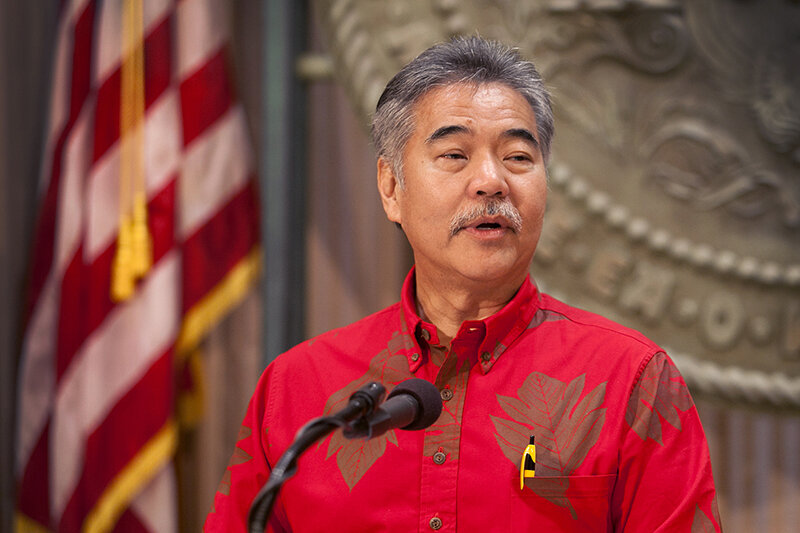
Gov. David Ige and Hawaiʻi Appleseed’s Gavin Thorton join the COVID-19 Care Conversation
Gov. David Ige and Hawaiʻi Appleseed Executive Director Gavin Thorton joined us today for a Q&A video on the COVID-19 Care Conversation.

State must help provide food security
This may be a once-in-a-lifetime chance to pivot toward the kind of food system we want for Hawaiʻi’s future.

Social service workers rally at state Capitol
Lawmakers say they will use $635 million in CARES Act funds to assist the unemployed and local businesses, but advocates say it’s still not enough.
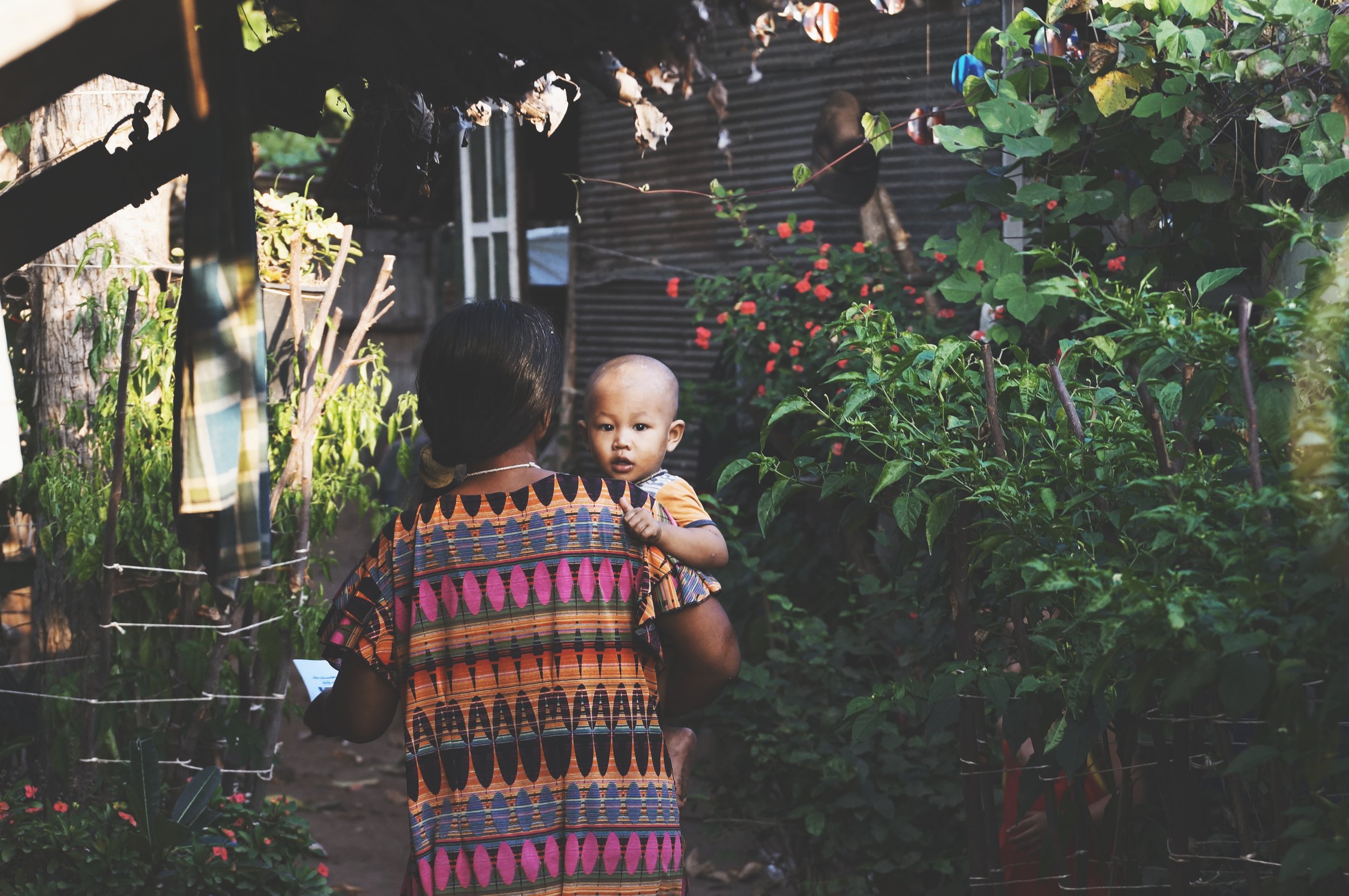
Nonprofits urge lawmakers to quickly commit federal funds to cope with social needs
The Working Families Coalition released a plan to distribute $362 million including CARES Act funds to help families with rent, food, healthcare and more.
